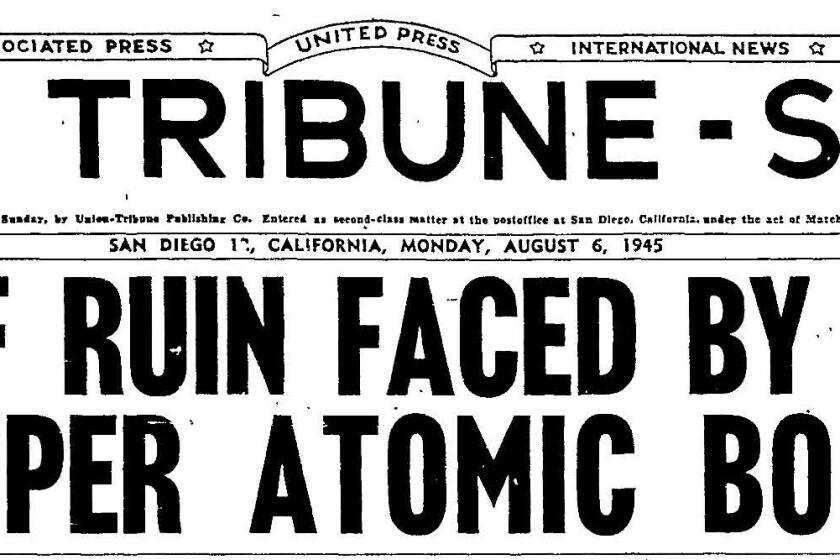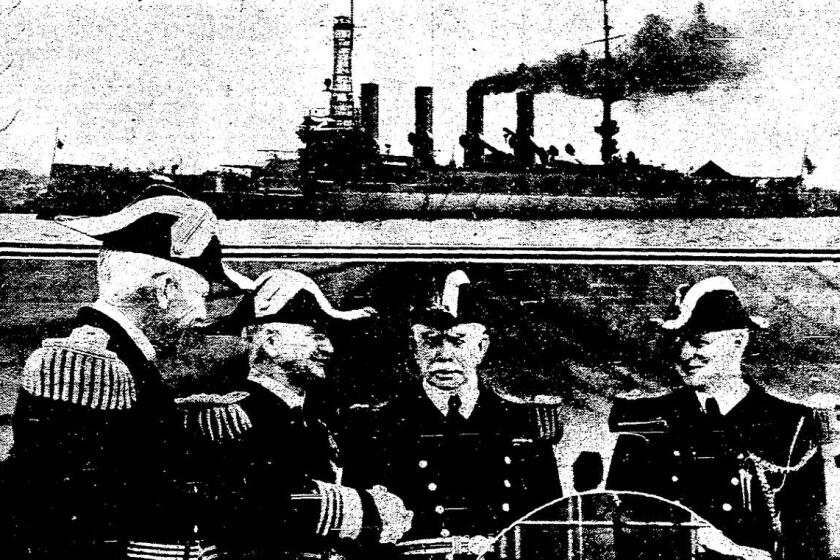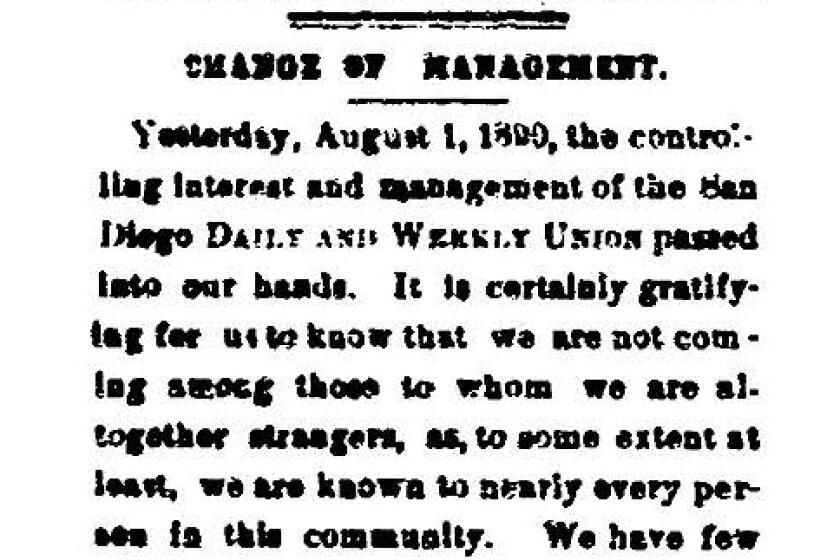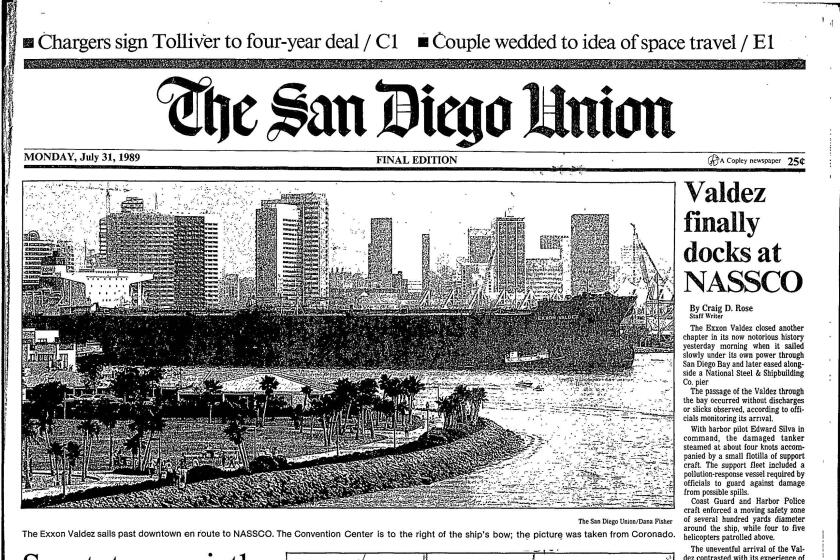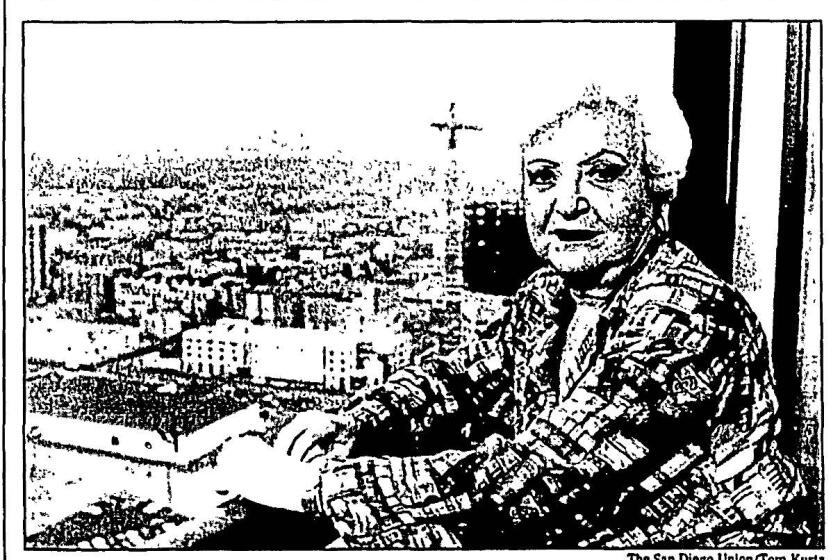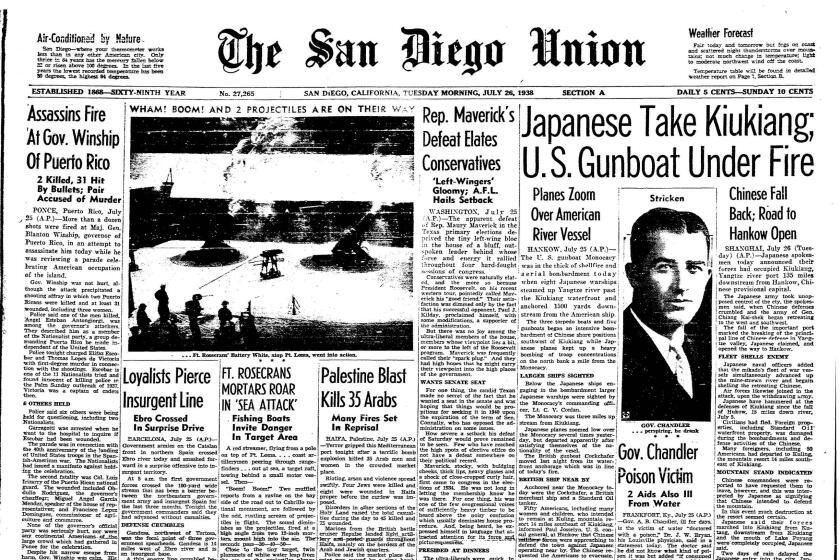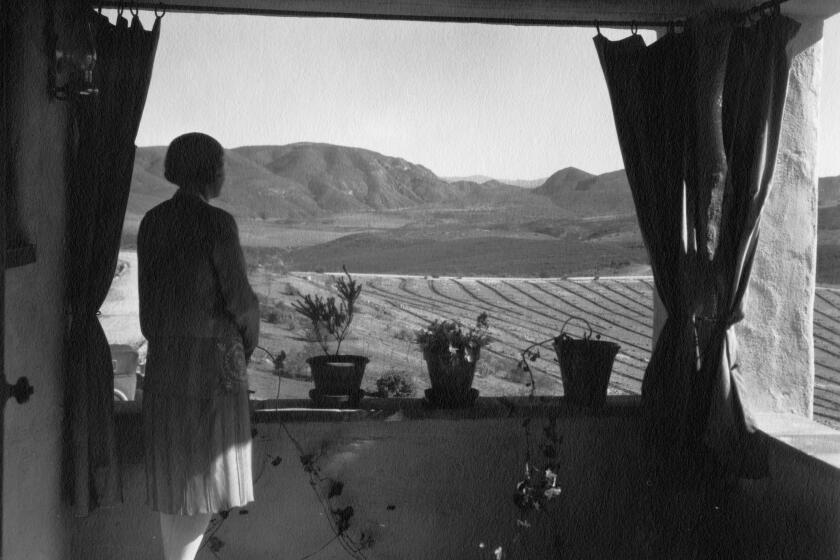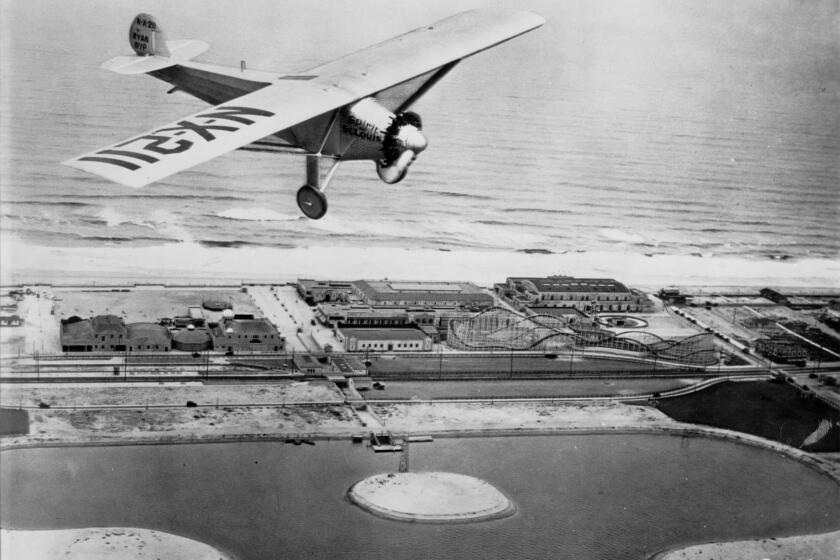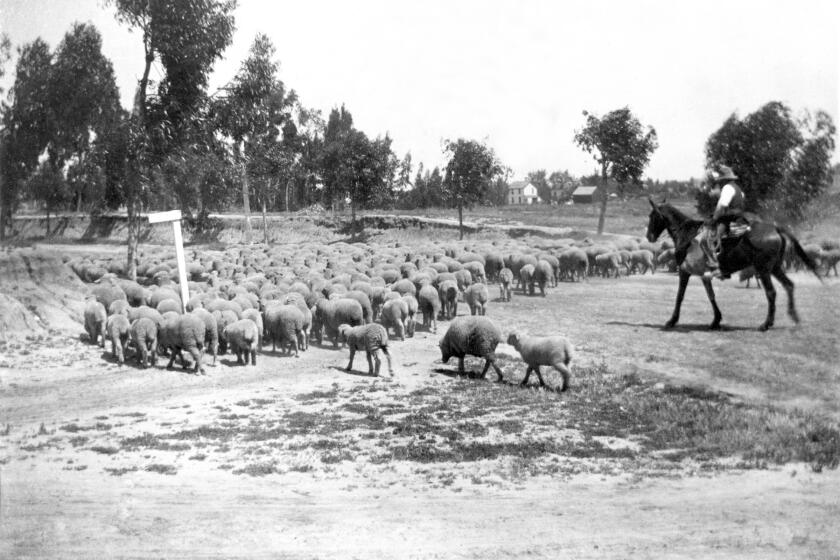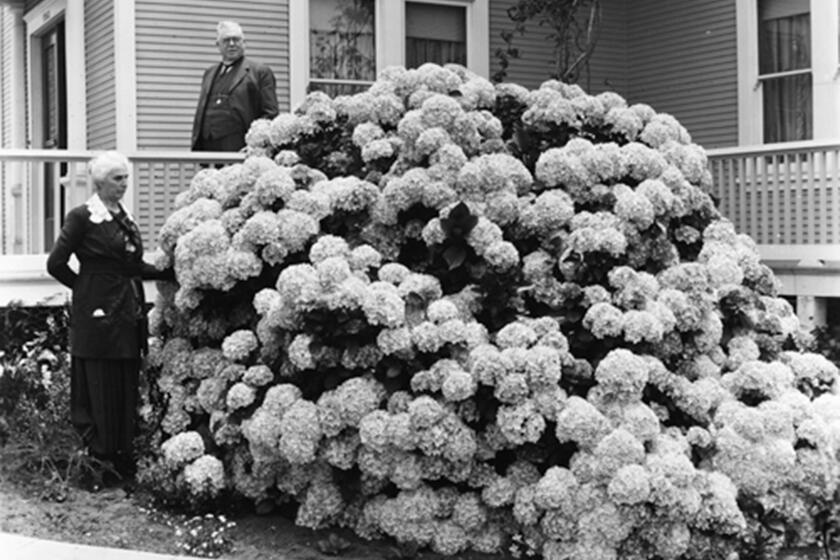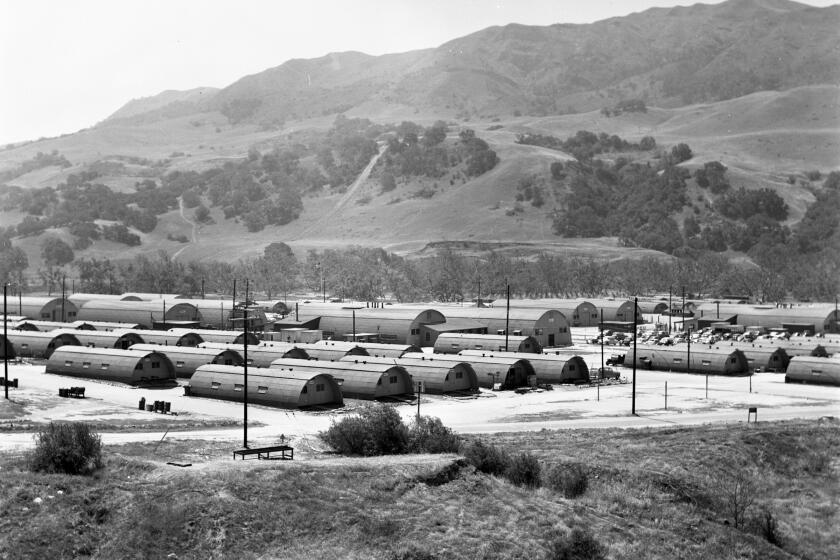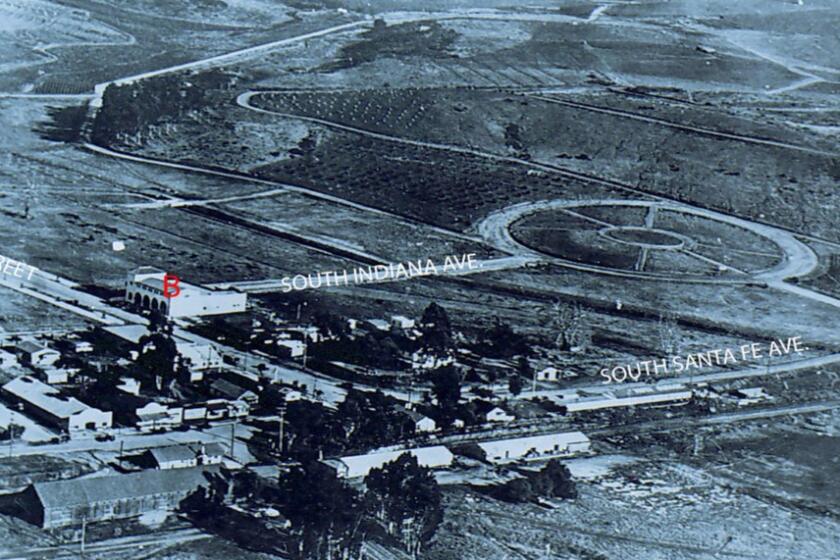From the Archives: Crusading Tijuana editor ambushed
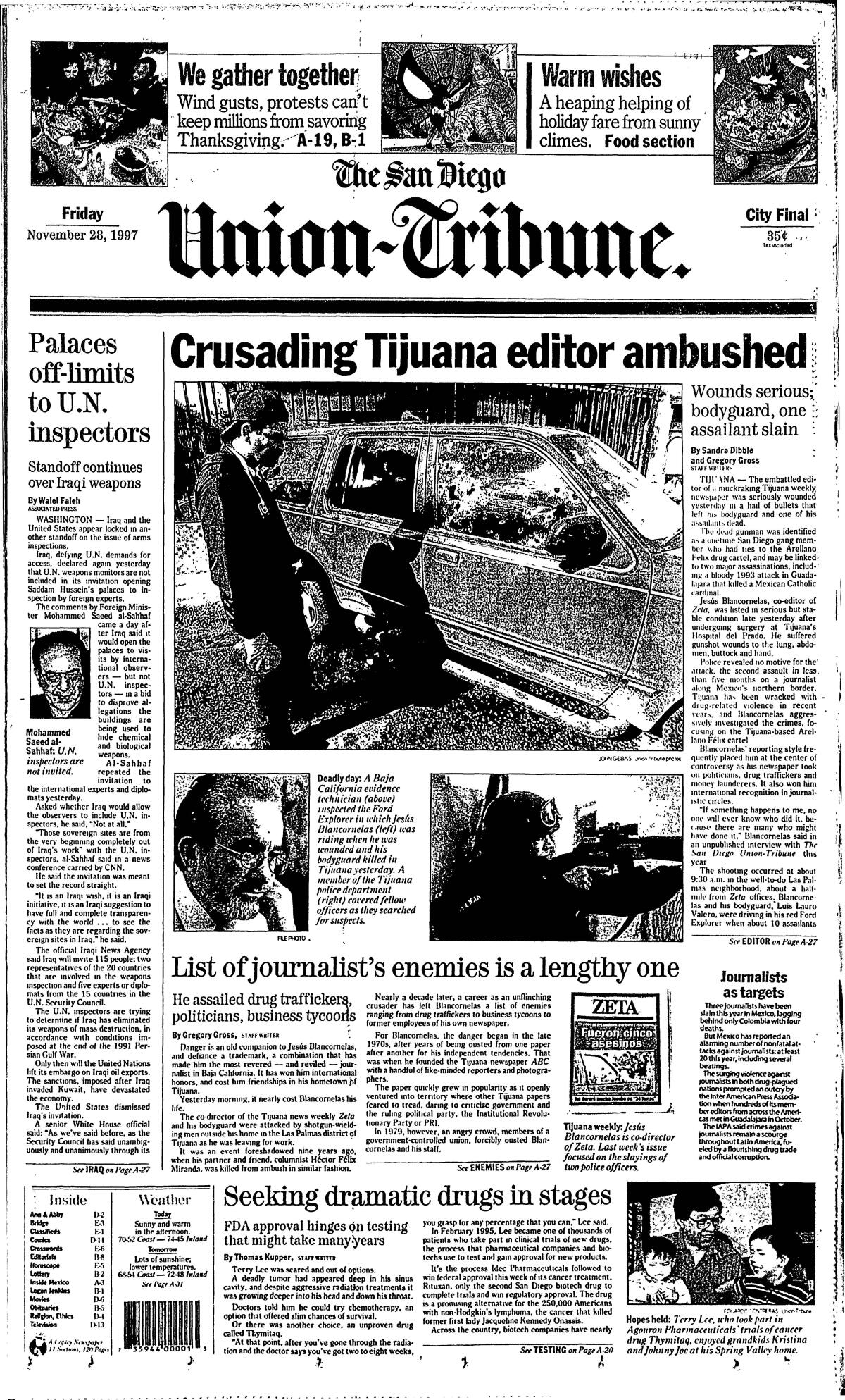
From The San Diego Union-Tribune, Friday, Nov. 28, 1997:
Wounds serious - bodyguard, one assailant slain
By Sandra Dibble and Gregory Gross
The embattled editor of a muckraking Tijuana weekly newspaper was seriously wounded yesterday in a hail of bullets that left his bodyguard and one of his assailants dead.
The dead gunman was identified as a onetime San Diego gang member who had ties to the Arellano Felix drug cartel, and may be linked to two major assassinations, including a bloody 1993 attack in Guadalajara that killed a Mexican Catholic cardinal.
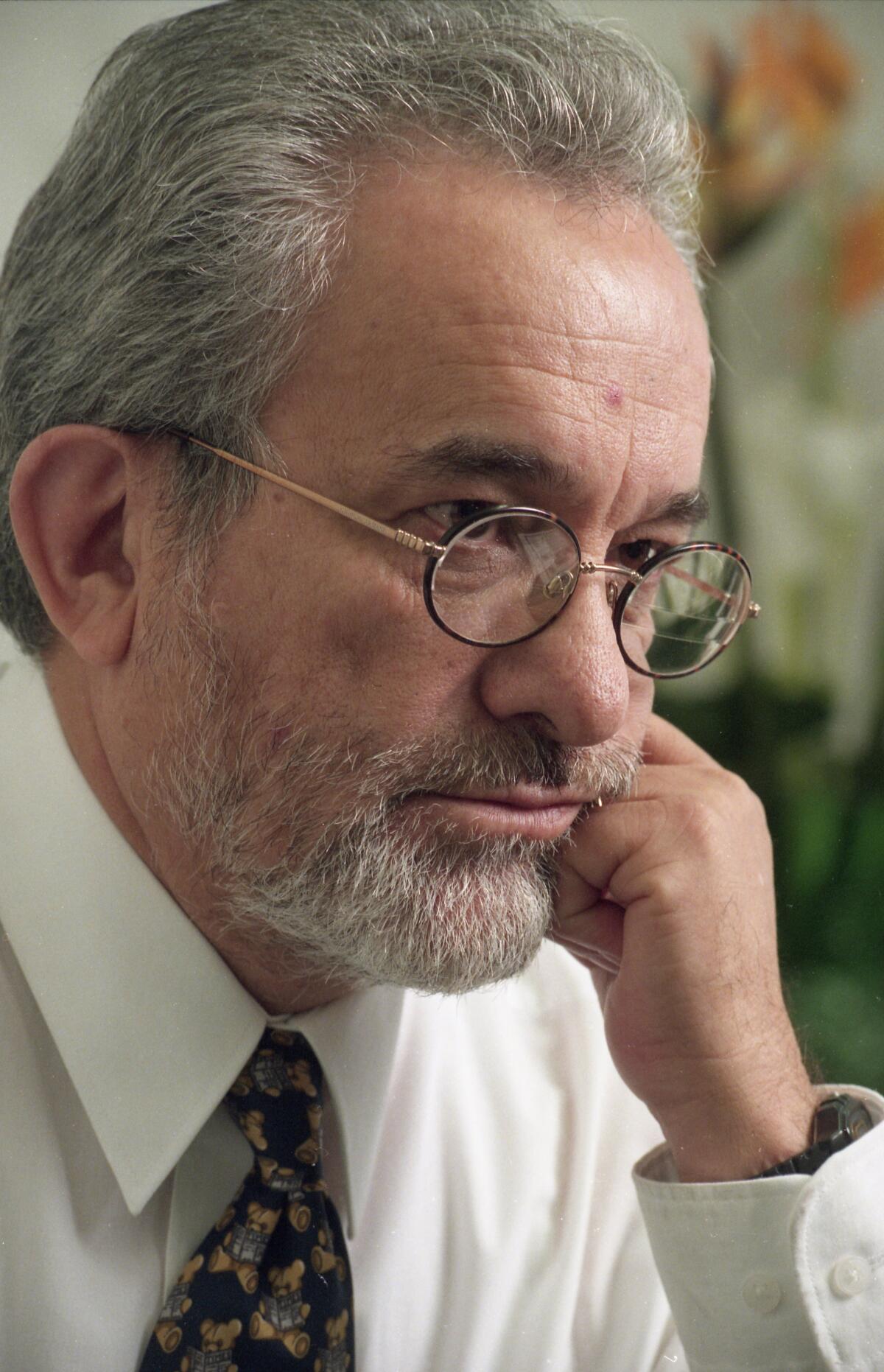
Jesus Blancornelas, co-editor of Zeta, was listed in serious but stable condition late yesterday after undergoing surgery at Tijuana’s Hospital del Prado. He suffered gunshot wounds to the lung, abdomen, buttock and hand.
Police revealed no motive for the attack, the second assault in less than five months on a journalist along Mexico’s northern border. Tijuana has been wracked with drug-related violence in recent years, and Blancornelas aggressively investigated the crimes, focusing on the Tijuana-based Arellano Felix cartel.
Blancornelas’ reporting style frequently placed him at the center of controversy as his newspaper took on politicians, drug traffickers and money launderers. It also won him international recognition in journalistic circles.
“If something happens to me, no one will ever know who did it, because there are many who might have done it,” Blancornelas said in an unpublished interview with The San Diego Union-Tribune this year.
The shooting occurred at about 9:30 a.m. in the well-to-do Las Palmas neighborhood, about a half-mile from Zeta offices. Blancornelas and his bodyguard, Luis Lauro Valero, were driving in his red Ford Explorer when about 10 assailants sprayed the vehicle with dozens of bullets, said Miguel Ruvalcaba, the state judicial police commander in Tijuana.
Valero was found slumped at the steering wheel, dead. Also dead was one of the assailants, who fell on the sidewalk on Calle San Francisco.
Initially identified as Javier Ortiz Calvo, he was later identified by federal authorities as David Barron Corona, alias C.H., and described as “an important member of the criminal organization headed by the Arellano Felix brothers.”
In the Nov. 21 issue of Zeta, Blancornelas had named C.H. as one of the assailants who killed two Federal Judicial Police agents outside the federal courthouse in Tijuana Nov. 15.
According to the federal statement, Barron Corona had been wanted by authorities on both sides of the border for a series of crimes, among them the assassination of Cardinal Juan Jesus Posadas Ocampo on May 24, 1993, in Guadalajara.
The statement said Barron Corona was identified through fingerprints and facial features by Mexican authorities.
Late yesterday afternoon, the federal Attorney General’s Office said in a prepared statement that it is taking charge of the case.
Early yesterday, dozens of heavily armed policemen surrounded the hospital where Blancornelas was being treated. Police sirens blared, and pickup trucks filled with officers combed the area of Colonia 20 de Noviembre, arresting one suspect. Police did not release his name.
Zeta staff members, among them Blancornelas’ three sons, worked feverishly to prepare today’s edition of the paper.
In a prepared statement, the newspaper accused Baja California Gov. Hector Teran Teran of not providing Blancornelas proper protection. “We directly blame the governor of the state for taking away his bodyguard,” the statement said.
The state had appointed bodyguards to protect Blancornelas this year after an attorney and an accountant with whom he had been feuding were killed.
Teran instructed his attorney general, Jose Luis Anaya Bautista, to investigate. A statement from Anaya Bautista’s office said the bodyguards had been assigned to Blancornelas against the editor’s will and had been withdrawn last month.
Teran condemned the attack, and sent his secretary of education, Virgilio Munoz, a close friend of Blancornelas, to inquire about the editor’s condition. All day, top-level city and state officials arrived at the hospital with worried expressions.
“These kinds of incidents alter the lives of communities,” said Gen. Rigoberto Castillejos Adriano, commander of the 2nd Military Zone, who stopped by in the early afternoon.
In a written statement from Tijuana City Hall, Mayor Jose Guadalupe Osuna Millan said “we join with the journalists’ valid demand for justice.”
Among those who stopped by was Salvador Cisneros, a prominent Catholic priest and Zeta columnist. He said Blancornelas had published “very serious accusations. He had placed himself very close to the issues.”
Police said the gunman who was killed during the assault had been standing and waiting for Blancornelas’ car. The other assailants fired from a late-model white Nissan and a Pontiac Grand Prix, then abandoned the vehicles about a mile away, and fled in a white van or truck.
Last year, Blancornelas received the prestigious International Press Freedom Award from the Committee to Protect Journalists. The award was “in recognition for more than two decades of dedicated perseverance in the defense of press freedom in Mexico.”
Blancornelas is the second Mexican border journalist to be attacked this year.
Benjamin Flores Gonzalez, publisher and columnist of the daily La Prensa in the small agricultural town of San Luis Rio Colorado in neighboring Sonora state, was machine-gunned in front of his office July 15, then finished off with a bullet in the head.
The 29-year-old Flores had been bluntly taking on local drug trafficking in his column. His killers have not been found.
Yesterday’s attack on Blancornelas bore striking parallels to a similar ambush nine years ago which killed Zeta’s co-founder and chief columnist, Hector Felix Miranda.
Felix, nicknamed “El Gato” or “the cat,” wrote a popular, hard-hitting column in which he regularly needled prominent Tijuanans and openly discussed problems largely ignored by Tijuana’s press, most of which was either closely aligned with or largely stifled by the government.
Like Blancornelas, Felix was leaving his house for work when he was killed. On the morning of April 19, 1988, he was blasted with shotgun fire while still in his car.
Two men, security guards for the Agua Caliente racetrack, were eventually sent to prison in connection with the slaying, but the investigation stopped well short of establishing a motive for the killing or who might have ordered it.
Get Essential San Diego, weekday mornings
Get top headlines from the Union-Tribune in your inbox weekday mornings, including top news, local, sports, business, entertainment and opinion.
You may occasionally receive promotional content from the San Diego Union-Tribune.

